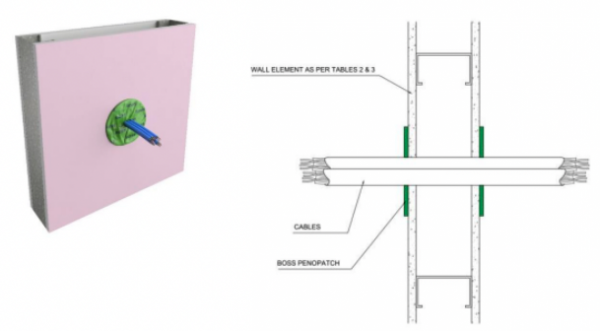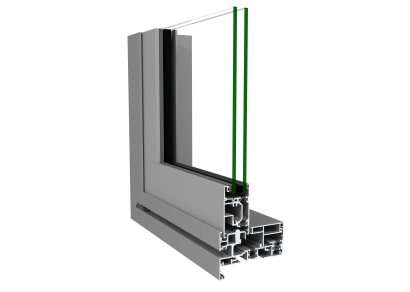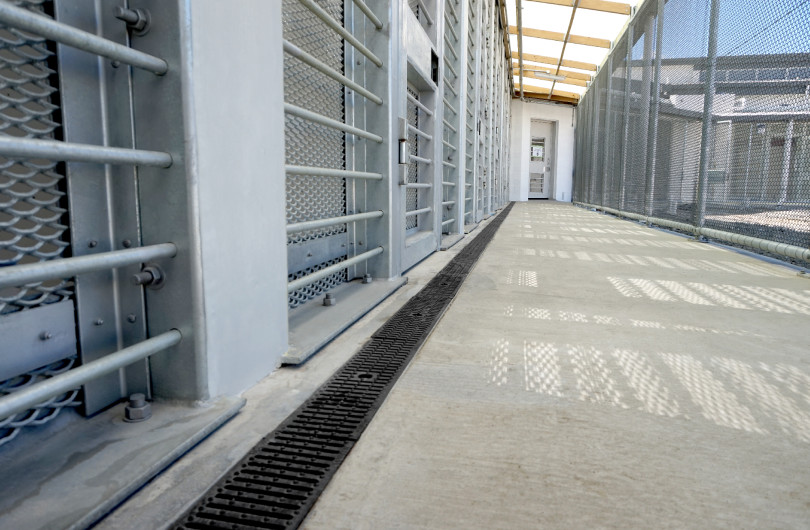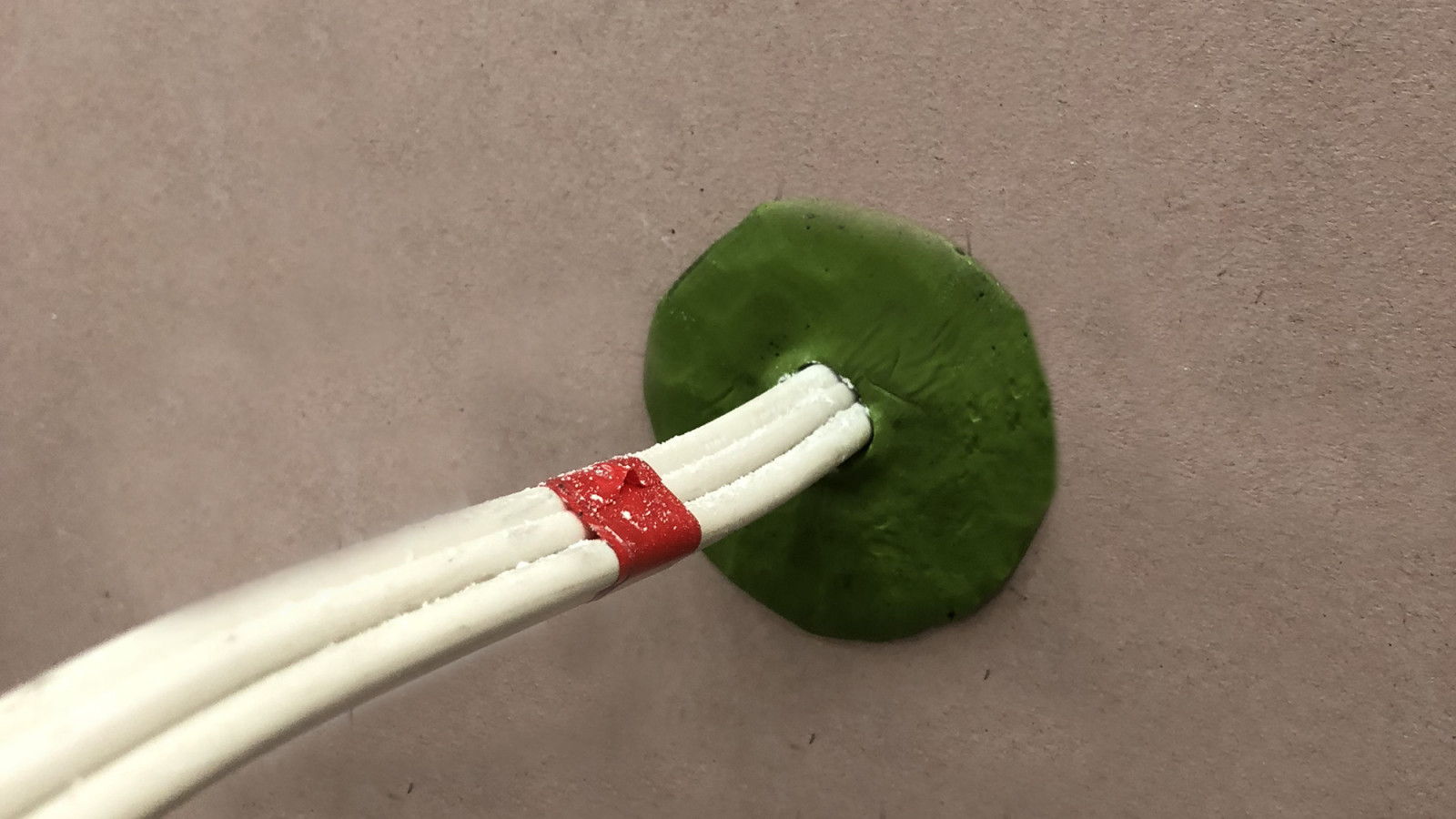Fire protection is a critical life safety aspect of any building. Whilst the building industry is getting far better at understanding what goes into the passive fire protection, unfortunately this critical part of a building is often left up to services trades to deal with as part of their installation package. This means that it’s often the plumber who might be responsible for the correct fire treatment of their pipes where they pass through a fire rated wall. Or an electrician is responsible for the correct product selection and installation of a product to treat their cables where they pass through a fire rated floor. To become a qualified electrician or plumber the person will have carried out several years of training before being able to sign off their works on a building site. Whilst services trades are masters at their key profession, it is all too common that they haven’t undergone any formal training on the passive fire aspects of the job site.
Treating service penetrations correctly can get complicated quickly. There are many aspects that go into an approved tested passive fire protection system. Key factors that go into a system include:
- The service type. EG. Pipe or cable. Noting that size, material, and quantity are critical details.
- The substrate that the pipe or cable is passing through. The thickness and composition of the wall, floor or ceiling type is also key information that must be considered.
- What is the required FRR or Fire Resistance Rating?
Only once these are known can a contractor begin to select the correct product or system that will perform in the desired manner. Noting that a system may include several different products that each have specific installation requirements.
On new builds it’s can be easier to plan the correct size opening for the service and the correct products on hand. But what about when there is small remedial works? Or when someone has run a conduit or a small bunch of cable through a wall that they didn’t realise was fire rated until after they’d already made a hole and run a pipe through it? Fire rated sealants often require a very specific amount of sealant to be installed around a service to a required depth. Fire collars will call for a different size collar to suit every diameter size of each pipe. Will the contractor have the perfect size hole for the cable to suit the tested sealant application? Will the contractor have a full range of fire collars in the van ready to put on the pipe? Unlikely.

That’s where products like the PenoPatch by BOSS Fire can be a useful tool for services trades. Designed for 1hr fire rated walls the PenoPatch is takes 30 seconds to install and makes for a quick and easy installation for even the most novice tradesman — simply remove the backing paper, put the slot over the cables or pipe, and stick to the wall moulding the disc around the service. Simple solutions such as these can help resolve the issue of fire treatment for service penetrations without requiring the plumber or builder to become an expert in passive fire as well as their trade.

All fire protection should have the proper due diligence it deserves, and careful consideration should be taken before installing any fire product, however starting with products that have a wide versatile certification range will certainly give any trade a head start.
BOSS Fire uncomplicate the complicated. They innovate for user-friendly, versatile products that eliminate the installation risk and heavily reduce labour costs. The Senior Team all have trade, technical or engineering backgrounds so they know first-hand the pressure on designers, contractors, and certifiers to ‘get it right’. Their way of thinking like an installer sets them apart, borne from decades ‘on-the-tools’. So, when they test and develop systems, they do so to ensure class leading levels of fire protection, and to simplify the construction process by making the systems faster and easier to select and install.
To enquire about the PenoPatch or other BOSS Fire passive fire products, contact your local Potters distributor on 0800 502 677.





























 Most Popular
Most Popular Popular Products
Popular Products



